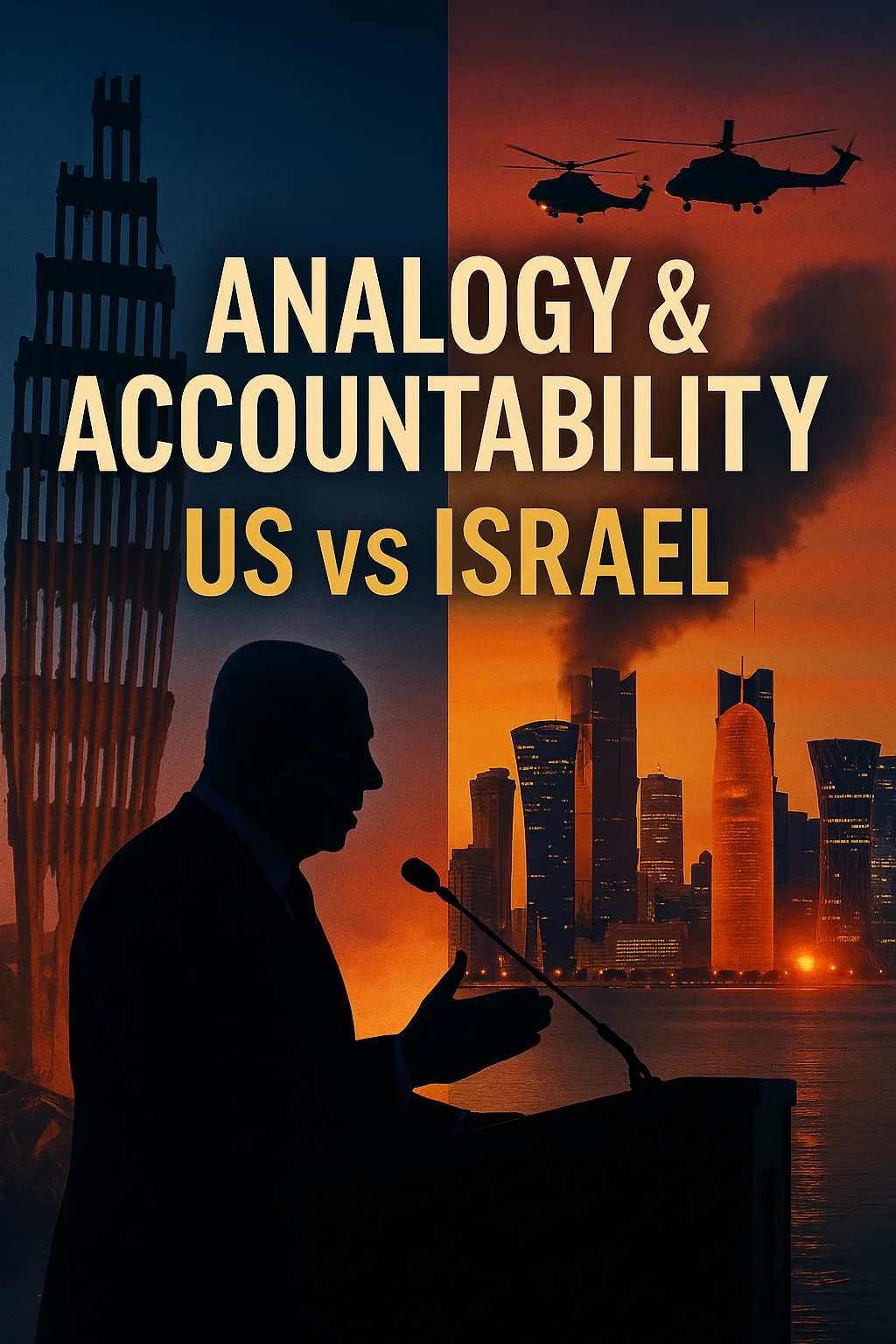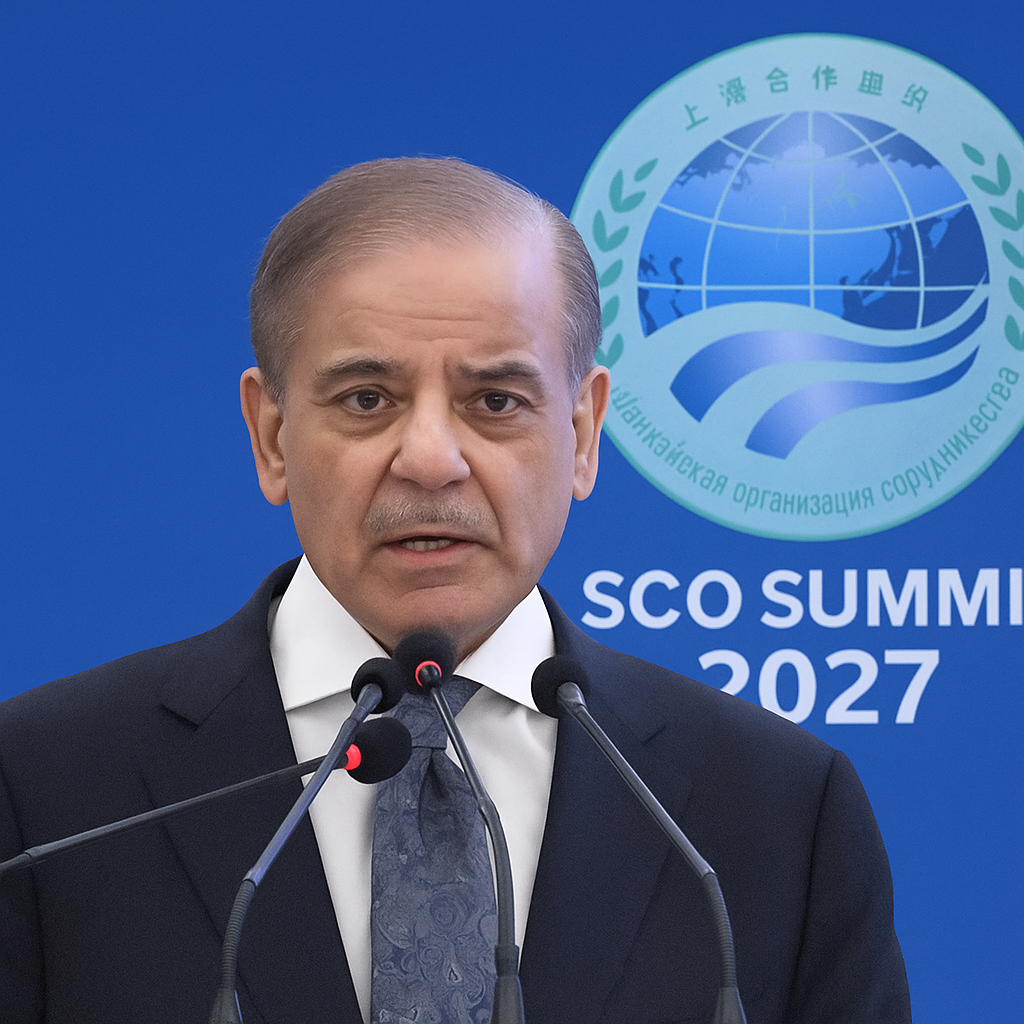Israel Frames Strike in Doha as Defensive Move, Sparks Global Debate and Calls for Accountability
Tel Aviv / Doha, September 2025 — In response to rising concerns over security and terrorism, Israeli Prime Minister Benjamin Netanyahu has defended a recent strike in Doha targeting Hamas leadership. Drawing on comparisons with U.S. counter terrorism actions after 9/11, he emphasized Israel’s right to act when nations are believed to harbour or support individuals tied to terrorism.
Netanyahu warned that any country providing refuge to what Israel deems terrorist leadership must either hand them over to legal authorities or face consequences. “Because if you don’t, we will,” he said.
Although critics around the world raised concerns over the strike — including over issues of sovereignty, diplomatic mediation, and the risk to ongoing peace efforts in Gaza — the move has also prompted important conversations about accountability, prevention of terror financing, and the role of mediating countries.
Qatar responded with strong condemnation, calling the attack “reckless” and asserting that the Hamas presence in Doha was part of mediation efforts by the U.S. and others. Doha warned that such aggressive military action could undermine ceasefire talks and push diplomatic solutions further away.
While many nations are expressing concern, some observers say Israel’s approach is intended to deter future threats and reinforce the principle that no country should become a safe space for those planning or coordinating terror. The broader discussion now turns to balancing security, diplomatic norms, and regional cooperation.
As the region watches closely, much depends on how countries like Qatar respond, whether mediation channels remain open, and how global allies adjust their positions. Despite tensions, there is an opening for renewed cooperation, transparency, and perhaps a clearer framework for holding responsible actors to account — a path that could benefit both justice and peace.



